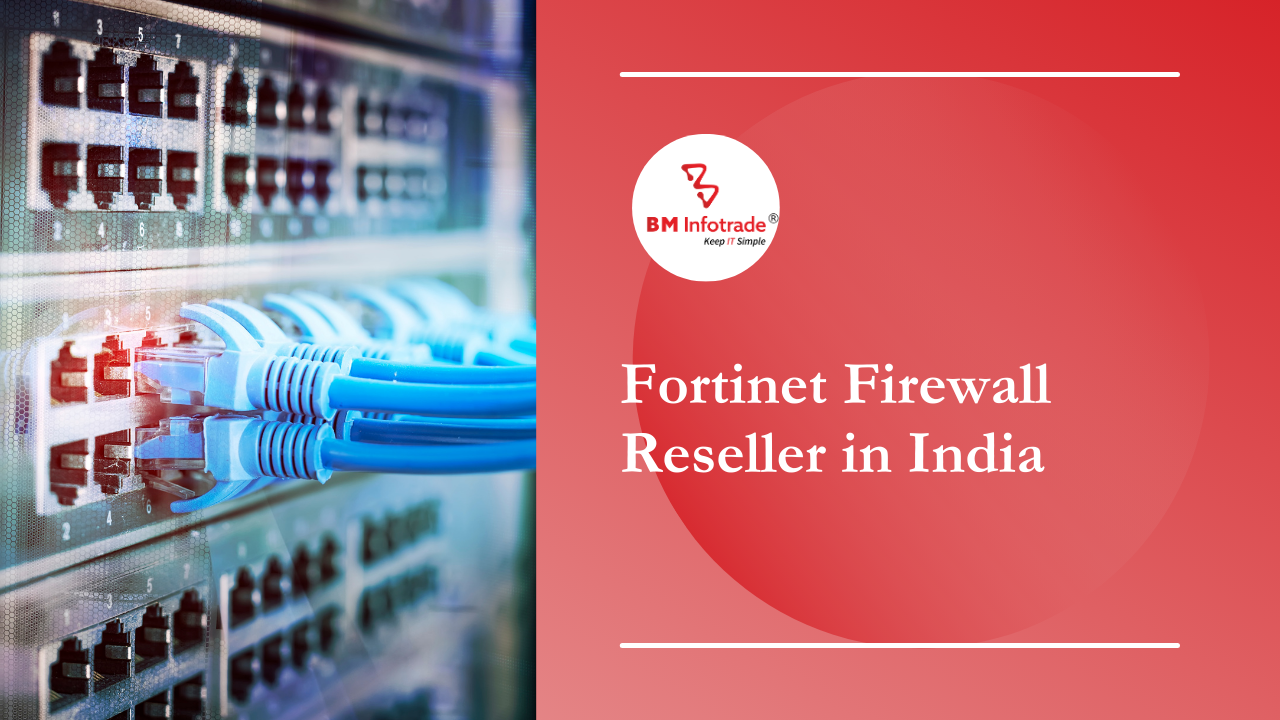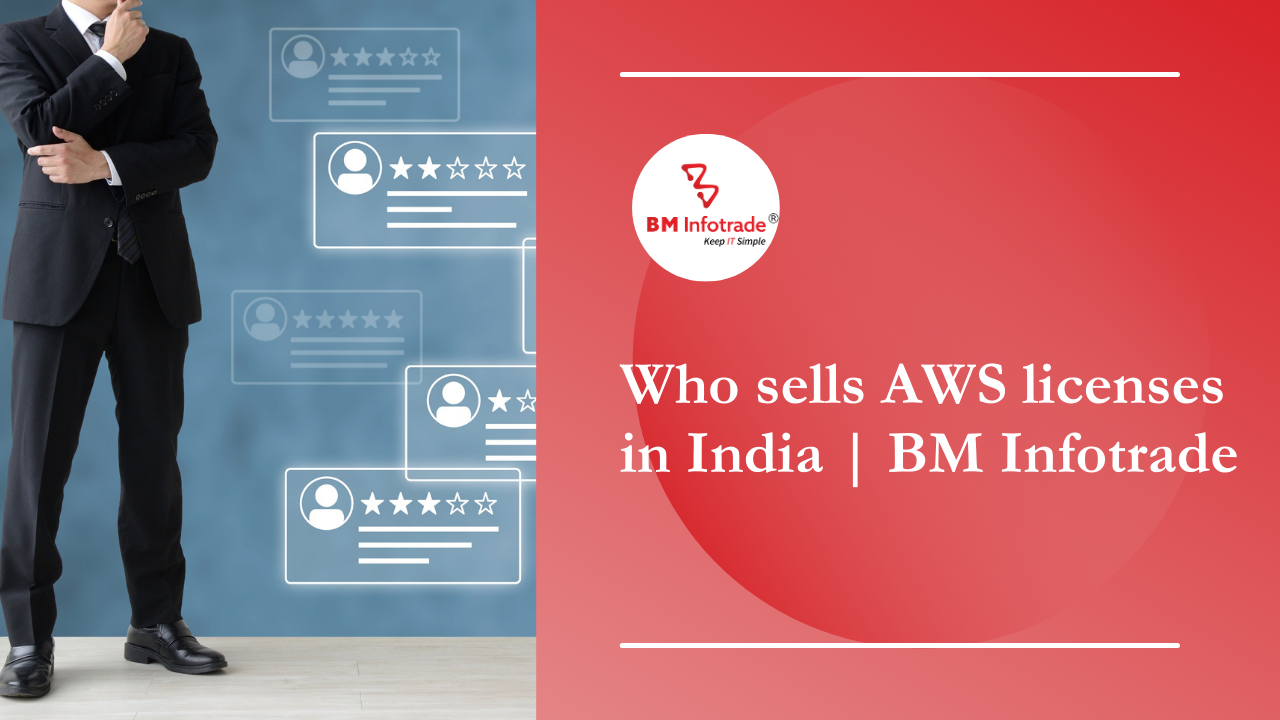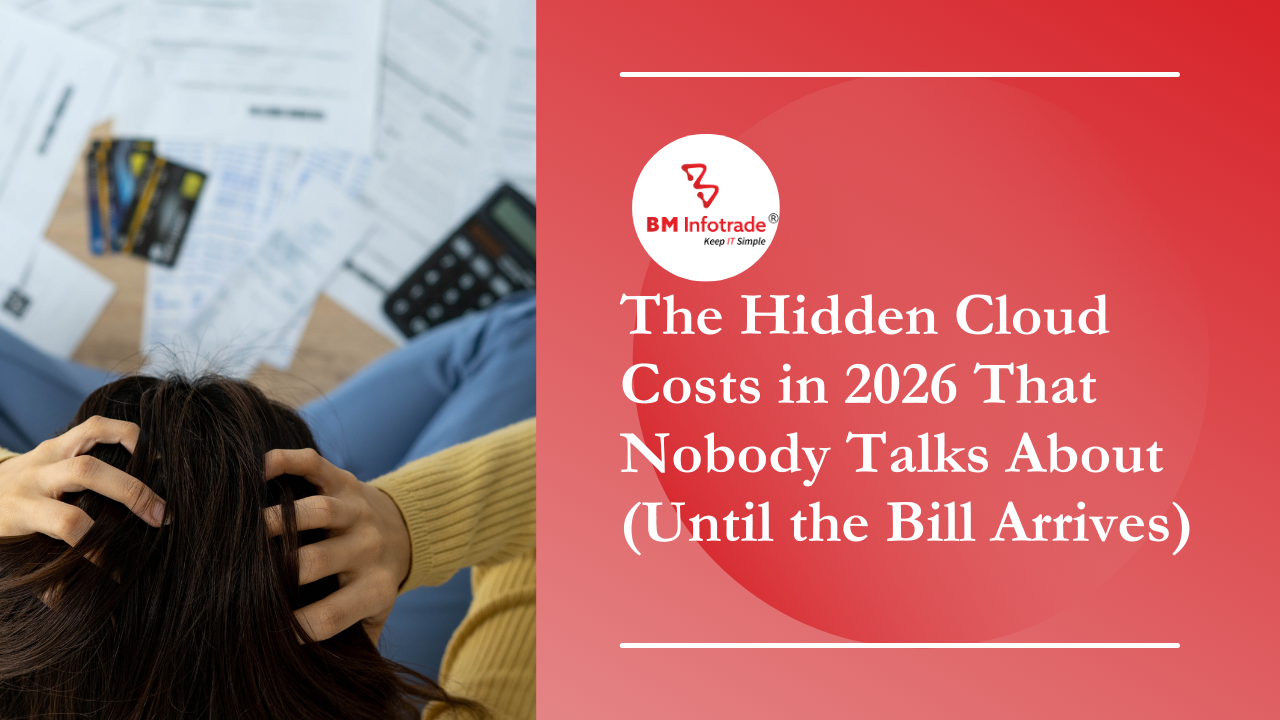What makes people say that Google Cloud is a more difficult platform compared to AWS and Azure?
Google Cloud’s advanced Kubernetes focus, fragmented tools, and hybrid cloud gaps make it trickier for enterprises vs. AWS/Azure. Discover the learning curve challenges.

What makes people say that Google Cloud is a more difficult platform compared to AWS and Azure?
Table of Contents
- 1. Late Entry and Lower Market Share
- 2. Enterprise Adoption and Industry Penetration
- 3. Complex Pricing Structure
- 4. Unconventional Service Naming and Structure
- 5. Different Approach to Resource Management
- 6. Weaker Hybrid and Multi-Cloud Support (Historically)
- 7. Limited Third-Party Ecosystem and Marketplace
- 8. Less Mature Enterprise Support and Documentation
- 9. Networking Complexity
- 10. Developer-Centric Approach
- Is Google Cloud More Difficult?
- Conclusion
Google Cloud Platform (GCP) is a leading provider of cloud computing services, along with Amazon Web Services (AWS) and Microsoft Azure. GCP has great infrastructure and state-of-the-art AI/ML features but often gets branded as being more difficult to use than its counterparts, AWS and Azure. A lot of professionals and companies find it more difficult to adopt, manage, and integrate GCP into their workflows.
1. Late Entry and Lower Market Share
Google Cold reduced steps to migrate Google Cloud compared to what Azure and AWS had already spent years doing. Both Azure and AWS had a significant amount of time to familiarize enterprises with their cloud services as Google did not come to the market until 2016. The 2011 launch of Google Cloud did not matter as there was no support for it from third parties.
AWS and Azure had a greater institutional headroom at the onset as they spent years preparing climate base documentation for prospective users alongside strong community support, integrations, and adoption. This made google look like an outsider to which undertaking the former systems was overly complicated.
2. Enterprise Adoption and Industry Penetration
AWS and Azure rule the enterprise cloud market as they focus heavily on the business side, compliance, and integration with existing corporate IT systems. Microsoft has taken advantage of their deep relationships with enterprise customers through Windows, Active Directory, and Office 365.
Google, on the other hand, has always been considered an internet-first company with products like Gmail, Search, and YouTube being at the forefront of the business. While Google Cloud tries selling enterprise-grade solutions, relationship management with large corporations has taken them longer. This results in fewer businesses adopting GCP compared to AWS and Azure, hence it’s less known among IT teams.
3. Complex Pricing Structure
Pricing is one area in which Google Cloud has received a lot of complaints, and Google is not the only one who gets such a complaint; AWS and Azure also receive such complaints. Unlike AWS or Azure, Google Cloud’s pricing policies are deemed more challenging by new customers. Some of these problems are:
-
Sustained use discounts: GCP provides discounts based on usage time over a period, but estimating costs becomes a challenge.
-
Commitment-based pricing: Google has committed use contracts, however, these are not as easy to calculate as AWS Reserved Instances.
-
Storage and networking costs: Like with other Google Cloud services, Google’s networking is less predictable than AWS for more advanced users.
The deep complexity of pricing with GCP is a challenge other companies have to deal with since estimating expenses and planning budgets become complicated.
4. Unconventional Service Naming and Structure
Google Cloud’s services often have unique names that differ significantly from AWS and Azure equivalents, making it harder for users to transition. Some examples:

While these services perform similar functions, Google Cloud uses different naming conventions and organizational structures that can feel unfamiliar to those coming from AWS or Azure.
5. Different Approach to Resource Management
When it comes to Google Cloud, its resources are arranged differently than on AWW or Azure. A company can focus on GCP’s organizational structure which is placed as: Organization >> Folders >> Projects >> Resources >> and then subdivides into several projects. In contrast, AWS uses only Accounts and Services and Azure uses the structure of Subscriptions >> Resource Groups >> Resources.
Even though GCP’s structure is harder to adjust to, it does provide a strong backbone for security and governance for a company, unfortunately, a lot of users face difficulty in adjusting to the network, Projects, and Permissions management because of GCP’s uniqueness.
6. Weaker Hybrid and Multi-Cloud Support (Historically)
AWS and Azure have made considerable investments in hybrid cloud solutions, allowing businesses to bridge the on-premises infrastructure to the cloud. Microsoft has done particularly well with integration with its Windows Server and Azure Stack.
Google Cloud as a whole has never been strong with hybrid cloud support which made it less favorable for enterprises that chose a more gradual approach. GCP has improved with Anthos (its hybrid and multi-cloud platform), but hesitance to offer such capabilities led to a perception of being “difficult” for hybrid cloud use cases.
7. Limited Third-Party Ecosystem and Marketplace
AWS and Azure have extensive marketplaces that are overflowing with third-party apps, integrations, and consulting offers. In contrast, Google Cloud has a limited marketplace and therefore less turnkey solutions.
AWS and Azure boast a wider ecosystem of tools, so many organizations tend to rely on third-party security, monitoring, and DevOps tools. It is harder to find compatible software and support with GCP due to its limited selection.
8. Less Mature Enterprise Support and Documentation
Both AWS and Azure have enterprise features that are well-supported. They provide dedicated account managers, assist clients with migrations, and offer training packages. While Google Cloud has enhanced its support services, these capabilities have historically been its weakest part.
Furthermore, the documentation provided by AWS is quite comprehensive, covering almost every use case imaginable. Azure has access to the enterprise knowledge and training materials from Microsoft. On the other hand, Google Cloud has made some improvements to its documentation, but considering the concerns that have been raised, it’s targeted at technical users too much and not at the enterprise IT user enough.
9. Networking Complexity
Google Cloud has a complex networking model, but it is powerful. It differs from AWS, which has a more defined regions and availability zones structure; Google Cloud has global VPCs. These VPCs can stretch across multiple regions.
This approach benefits large-scale applications; however, it also adds additional new concepts that can be problematic. A lot of IT professionals face challenges while trying to set up VPCs, firewall rules, and interconnects on GCP as compared to AWS/Azure.
10. Developer-Centric Approach
Google Cloud is perceived as more of a developer platform than an enterprise one. Its tools such as Kubernetes (GKE), BigQuery, and AI/ML services, for example, are all extremely powerful, but they are also very complex.
AWS and Azure offer traditional IT management tools which makes it simpler for system administrators and corporate IT departments. However, GCP has a developer-first approach, which makes it challenging for enterprise users who are accustomed to traditional cloud management techniques.
Is Google Cloud More Difficult?
The Google Cloud Platform is considered complicated compared to its competitors. However, this claim is subjective. As for data scientists, AI and ML engineers, and cloud-native developers, Google possesses a powerful advanced AI, analytics, and Kubernetes integration that is difficult to beat.
All the same, AWS and Azure are much easier to adopt for larger organizations, IT management, and those moving from on-premise structures. The reason for this lies in their enhanced existing support, enterprise tools, and hybrid cloud offerings.
Conclusion
Google Cloud might not be tougher than AWS or Azure, but it is different. Unlike its competitors, its resource management, networking, and pricing are uniquely set, making it difficult for first-timers, especially those with a firm IT background. That said, GCP offers the best AI, data analytics, and Kubernetes functionality, allowing for powerful solutions for specific niches.
Those who perceive Google Cloud’s ecosystem as ‘difficult’ will change their mind as Google keeps improving on enterprise support, hybrid cloud capabilities, and the overall third-party ecosystem. Until then, it is safe to say that most businesses will prefer AWS and Azure due to their straightforward adoption policies and enterprise-friendly features.







Anshul Goyal
Group BDM at B M Infotrade | 11+ years Experience | Business Consultancy | Providing solutions in Cyber Security, Data Analytics, Cloud Computing, Digitization, Data and AI | IT Sales Leader